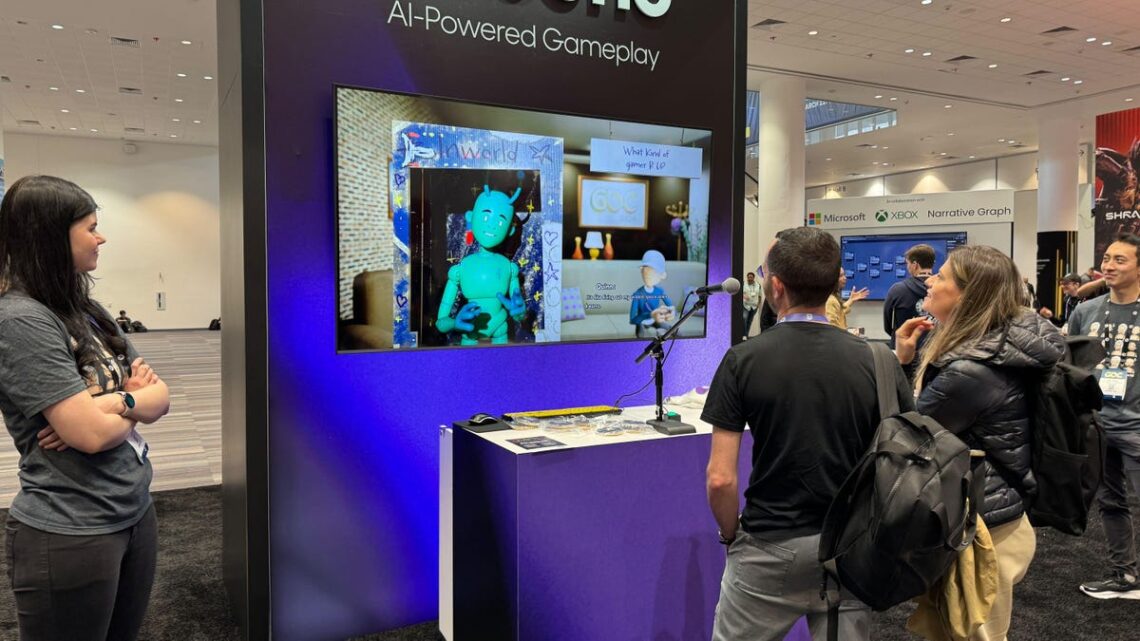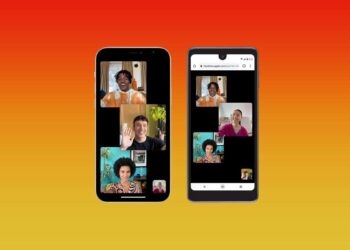There’s one topic that’s stayed on my mind since the Game Developers Conference in March: generative AI. This year’s GDC wasn’t flooded with announcements that AI is being added to every game — unlike how the technology’s been touted in connection with phones and computers. But artificial intelligence definitely made a splash.
Enthusiasm for generative AI was uneven. Some developers were excited about its possibilities, while others were concerned over its potential for abuse in an industry with shattered morale about jobs and careers.
AI has been a common theme at GDC presentations in years past, but it was clear in 2024 that generative AI is coming for gaming, and some of the biggest companies are exploring ways to use it. With all new technologies, there’s no guarantee they’ll stick. Will generative AI flame out like blockchain and NFTs, or will it change the future of gaming?
Doubts about the new next big thing
In prior years during GDC, San Francisco’s Moscone Center convention venue was awash in banner advertisements from game companies touting their use of the latest trendy tech: cryptocurrencies, blockchain, NFTs and Web 3.0. This year was no different, with ads from smaller companies expounding on their AI integrations.
Gaming’s biggest companies are still hesitant to commit to including AI in their plans. Nvidia and Ubisoft showed off their dynamically responding nonplayer characters at GDC 2024, but they haven’t announced grand plans to integrate them into upcoming games. Microsoft announced last November that it’s partnering with Inworld AI to develop AI game dialogue and narrative tools. (Inworld is the company Nvidia and Ubisoft teamed up with on their AI NPCs.) But the only generative AI that Microsoft is rumored to be developing is an Xbox customer-support chatbot.
There’s a lot of nervousness before the storm in the games industry, said Laine Nooney, assistant professor of media and information studies at New York University, but though…
Read the full article here






